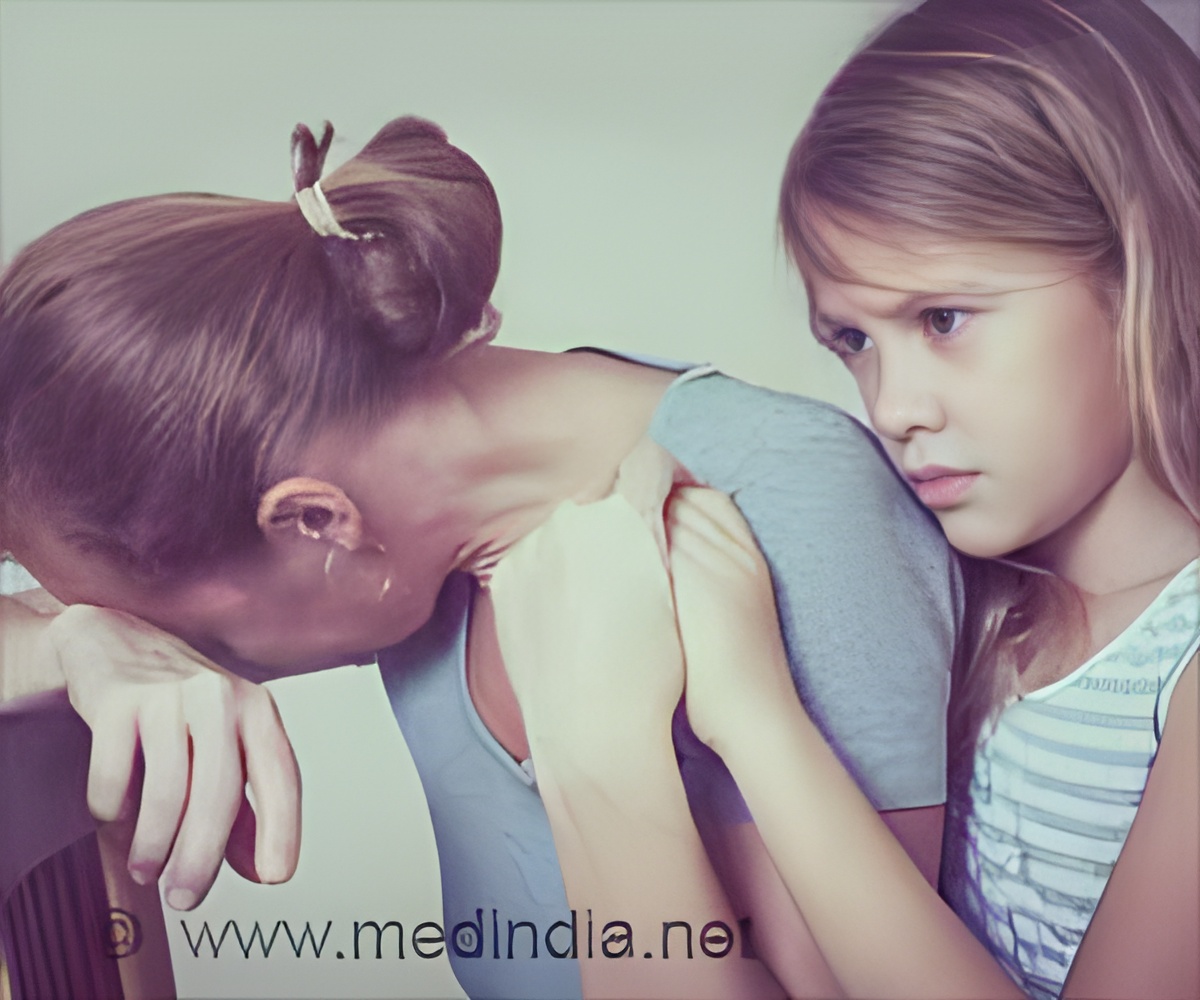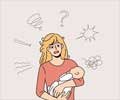A new study examined the effects of maternal adverse childhood experiences (ACEs) and mental health outcomes in both sons and daughters in rural Uganda.

‘Maternal depression may act as a link between maternal childhood adversity with poor child mental health in the next generation.#ChildhoodAdversity #MaternalDepression #MentalHealth’





In addition to these potentially durable effects on later-life physical health and mental health risk, growing evidence suggests that the long arm of maternal childhood adversity may extend across generations and shape offspring mental health outcomes, including hyperactivity, emotional disturbance, and depressive symptoms (1✔ ✔Trusted SourceAssociations between adverse childhood experiences and health outcomes in adults aged 18-59 years
Go to source).
Research on the potentially modifiable psychosocial pathways affecting child mental health is particularly important for settings with high psychiatric morbidity and low availability of mental health resources, such as communities living within low- and middle-income countries (LMICs).
Like other African nations with histories of European colonialism and war, Uganda faces deep economic insecurity, limited mental healthcare infrastructure, and a heightened prevalence of risk factors known to be associated with elevated mental health problems.
Past research suggests that these historical conditions of war, political violence, and economic insecurity in colonial and post-colonial Uganda exposed families to various forms of psychosocial stress, trauma, and household adversity.
Is There a Link Between Mother's Childhood Experience and Child Behavior?
Growing evidence suggests that the long-term mental health effects of maternal ACEs may also extend into the next generation and increase children's risk for internalizing and externalizing disorders (2✔ ✔Trusted SourceAdverse childhood experiences, alcohol consumption, and the modifying role of social participation: population-based study of adults in southwestern Uganda
Go to source).
The new study aimed to examine the intergenerational effects of maternal adverse childhood experiences (ACEs) and child mental health outcomes in rural Uganda, as well as the potentially mediating role of maternal depression in this pathway.
Advertisement
Data come from a population-based cohort of families living in the Nyakabare Parish, a rural district in southwestern Uganda. Between 2016 and 2018, mothers completed surveys about childhood adversity, depressive symptoms, social group membership, and their children's mental health. Survey data were analyzed using causal mediation and moderated mediation analysis.
Advertisement
Maternal depression mediated the relationship between maternal ACEs and conduct problems, peer problems, and total difficulty, but this mediating effect was not moderated by maternal group membership (3✔ ✔Trusted Source
Mothers' Personal and Interpersonal Function as Potential Mediators Between Maternal Maltreatment History and Child Behavior Problems
Go to source).
These findings suggest that maternal depression may act as a potential mechanism linking maternal childhood adversity with poor child mental health in the next generation.
Within a context of elevated rates of psychiatric morbidity, high prevalence of childhood adversity, and limited healthcare and economic infrastructures across Uganda, these results emphasize the prioritization of social services and mental health resources for rural Ugandan families.
References:
- Associations between adverse childhood experiences and health outcomes in adults aged 18–59 years - (https://journals.plos.org/plosone/article?id=10.1371/journal.pone.0211850)
- Adverse childhood experiences, alcohol consumption, and the modifying role of social participation: population-based study of adults in southwestern Uganda - (https://www.sciencedirect.com/science/article/pii/S2666560322000020?via%3Dihub)
- Mothers' Personal and Interpersonal Function as Potential Mediators Between Maternal Maltreatment History and Child Behavior Problems - (https://journals.sagepub.com/doi/10.1177/1077559517734937)
Source-Eurekalert









